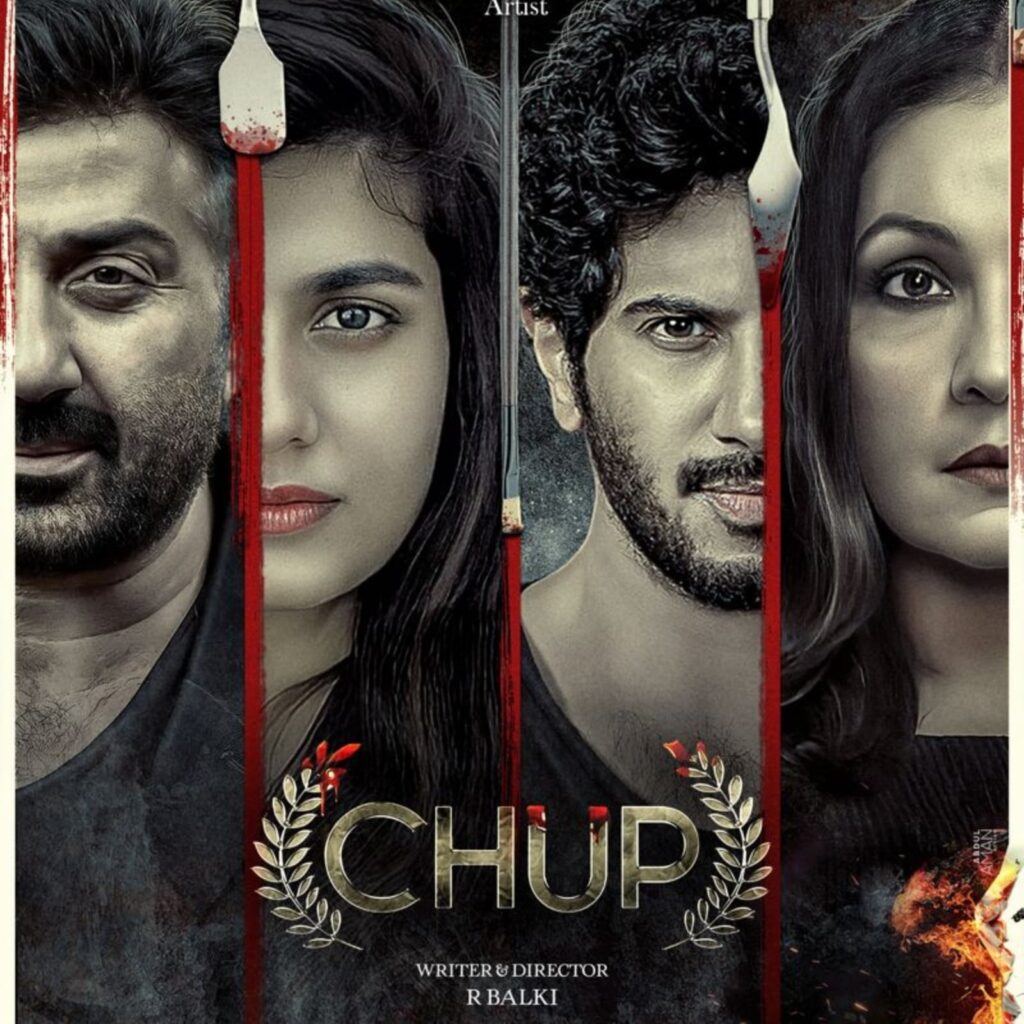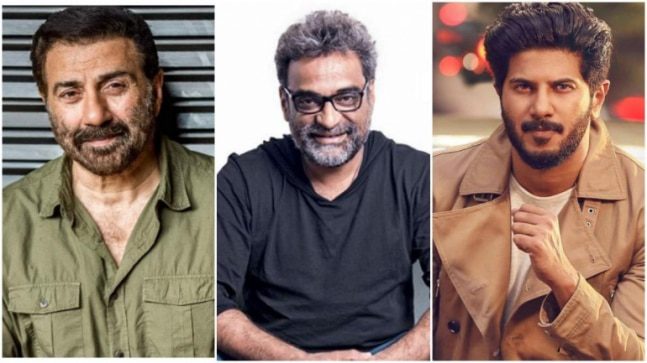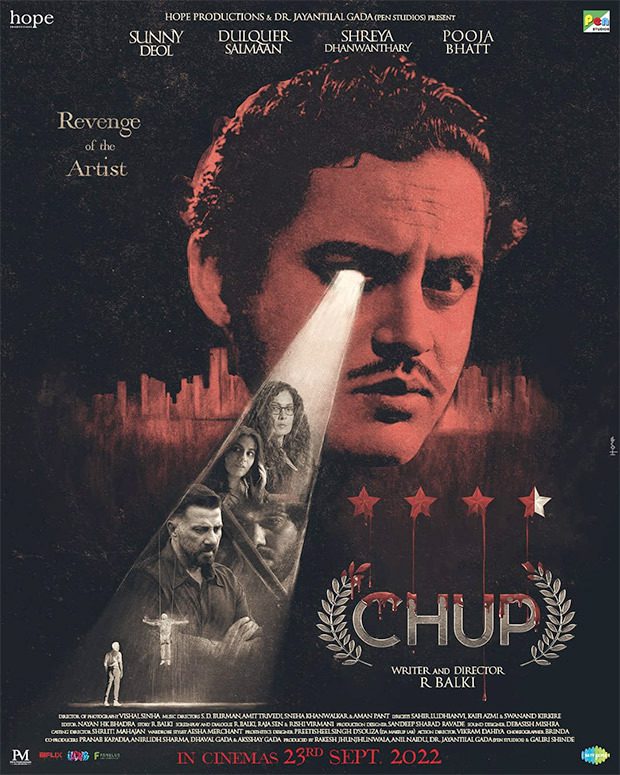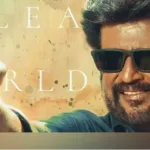CHUP: A discrete yet reckoning tale of retribution, R.Balki once again strikes at the root of Indian Cinema

CHUP: A discrete yet reckoning tale of retribution
R. Balki has been known for nitpicking the concepts for his films that make him stand out among his contemporaries. His previous works, namely Paa, Shamitabh, Cheeni Kum, and the like, are unparalleled films that divulge the intricacies of certain aspects of our social world that are problematic but not quite talked about.
It is surprising how we’re conditioned to perform certain actions so much so that, after having made a film on the very idea of what this write-up is going to follow and how it may trigger the deepened id impulses of a long-lost writer/director whose film hasn’t been appreciated; we still continue to do this. Surprising but not shocking, really, R. Balki’s CHUP is a discrete yet reckoning tale of retribution that an artist undertakes against the very world that he ought to pacify. Most often than not, writers and directors face extreme amounts of influence and criticism to make or create something, sometimes fan-fiction and sometimes the ongoing celebrations of traditionalism.
It is seldom that artists take on ideas that would make a difference, or cater to the fact that cinema is an art and the craft of making it is the job of the artist. The outlook of viewing cinema as an art is sidelined to pioneers of “art house films”, or “parallel cinema”, who are ostracized from the world of commercial movie-making.
The film triumphs Guru Dutt’s “Kagaz ke Phool”, a failure of its time which later gained recognition as filmic literacy began to be propagated, even to a handful of few, and tells the tale of a similar disciple of Dutt who has been shunned down by the words of the world. The taker of the revenge in the film targets renowned film critics who have “well scripted” reviews and creates a visual treatment of his act, by murdering them as per the very words they’ve written. He also does the extra little of rating the critics by cutting out stars on their forehead depending upon the artist’s liking of the review.

Sunny Deol plays the role of the Head of Crime Branch and officer in charge of the investigation who does a decent job by sticking to his character and not overdoing himself. Nila (Shreya Dhanwanthary) is an entertainment journalist who aspires to be a film critic one day given her unbound love for cinema and how necessary it is for cinema to exist. Completely unaware of her time ahead, she encounters a flower-seller Danny(Dulquer Salman), who she surrenders her heart to. Danny lives in a dungeon-like bungalow where he cultivates and sells flowers. He has the habit of speaking with himself or how it would popularly be termed, has a dual personality. Not so much so, but he has two sides to himself, which always questions him and acts as the superego to his Id. The end frame of the film is a beauty in itself and the delivery of the last “CHUP” dialogue stands out among the other references made in the film. Shreya Dhanwanthary keeps the film together along with Dulquer Salman who always delivers “on-point” performances in whatever role he is casted in. Puja Bhatt deserved a little more screen time given the nature of her role and how relevant was her addition in the plot.
Technically the film has flaws to the least, the style of narration although linear has an edge to it with its sense of pacing and rhythm. Till the interval, the film felt like a puzzle trying to get its pieces together, but it accelerated in the second half with well-timed transitions and character build up. The only drawback of a lesser magnitude would be, the lack of exploration of the artist’s character. Since he is the one driving the film and taking it forward, it would be unjustified to not get an insight into his psyche. It is not until the second half that the unraveling occurs. Although the thrill is intact, a little more knowledge and slow unfolding of the artist’s reason for taking the revenge would perhaps paint a better picture of the “why” and “how” of his doings. The trope of flashbacks could be avoided had the introduction of the character been more precise and simultaneous between his past and present.

Some interesting frames in the films and the shades of blue are apt as per the mood that sets up. Balki deserves appreciation for having written the script with certain edits and cuts in mind and executing as per the screenplay. The thought and the planning that has gone into making the film is evident on screen. With moments of comic relief in between, which are lucid and doesn’t seem out of place a all, the film uses juxtaposition to a great length with audio and visual contradictions; scenes of murders are accompanied by retro love songs of union. Sound design was considerably good and the director has used an audio motif for the film which seemed coerced in the beginning but slowly blends in as the narrative progresses. The persistent use of retro songs especially from Guru Dutt’s films and the cumulative assertions on Guru Dutt himself in the film is indicative of Balki’s voice in the film and what he’s trying to say. His motive is to ask the world to recognise cinema and understand the worth and potential of this audio-visual medium on a broader scale. To widen one’s horizon of perceiving films as an art and not restricting it to a medium of entertainment and maybe striving towards achieving a marriage between the two. He also raises questions on the objectivity of “critiquing” a good film and a bad film and how there could be another side of the coin, that being the subjectivity of discerning cinema depending upon the viewer. Although he attempts to bring up a dialogue upon such complex propositions, he doesn’t get to the bottom of it and the film ends before it could untie the knots of this extremely crucial subject matter.
Keeping the unexplored realm aside, kudos to the director for the distinct transference of his thought and idea to his public and for doing it with a topic so relevant yet never traversed. R. Balki once again strikes at the root of cinema by making an utterly different film, peculiar in its kind but fun to watch with an added iota of enlightenment.








